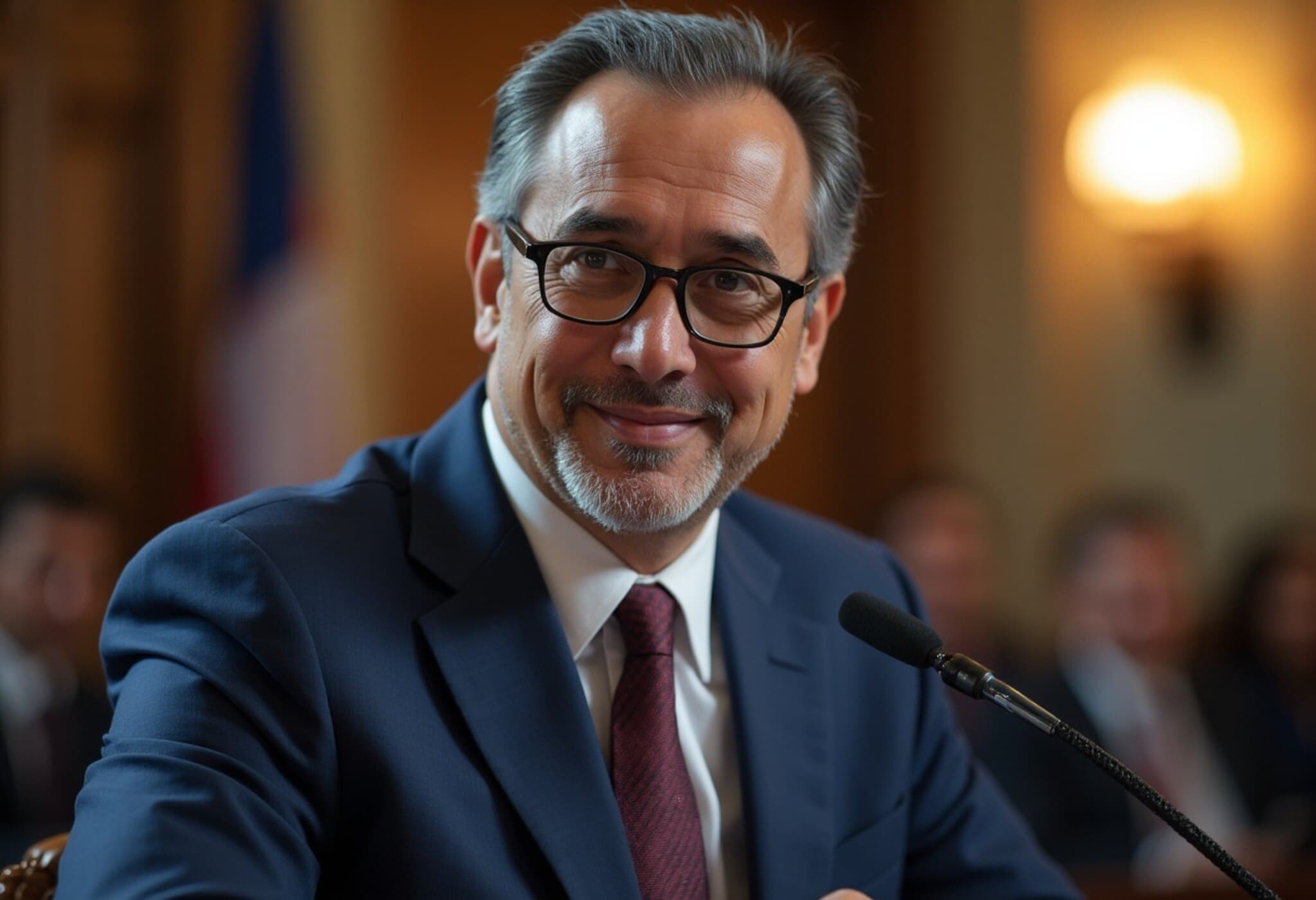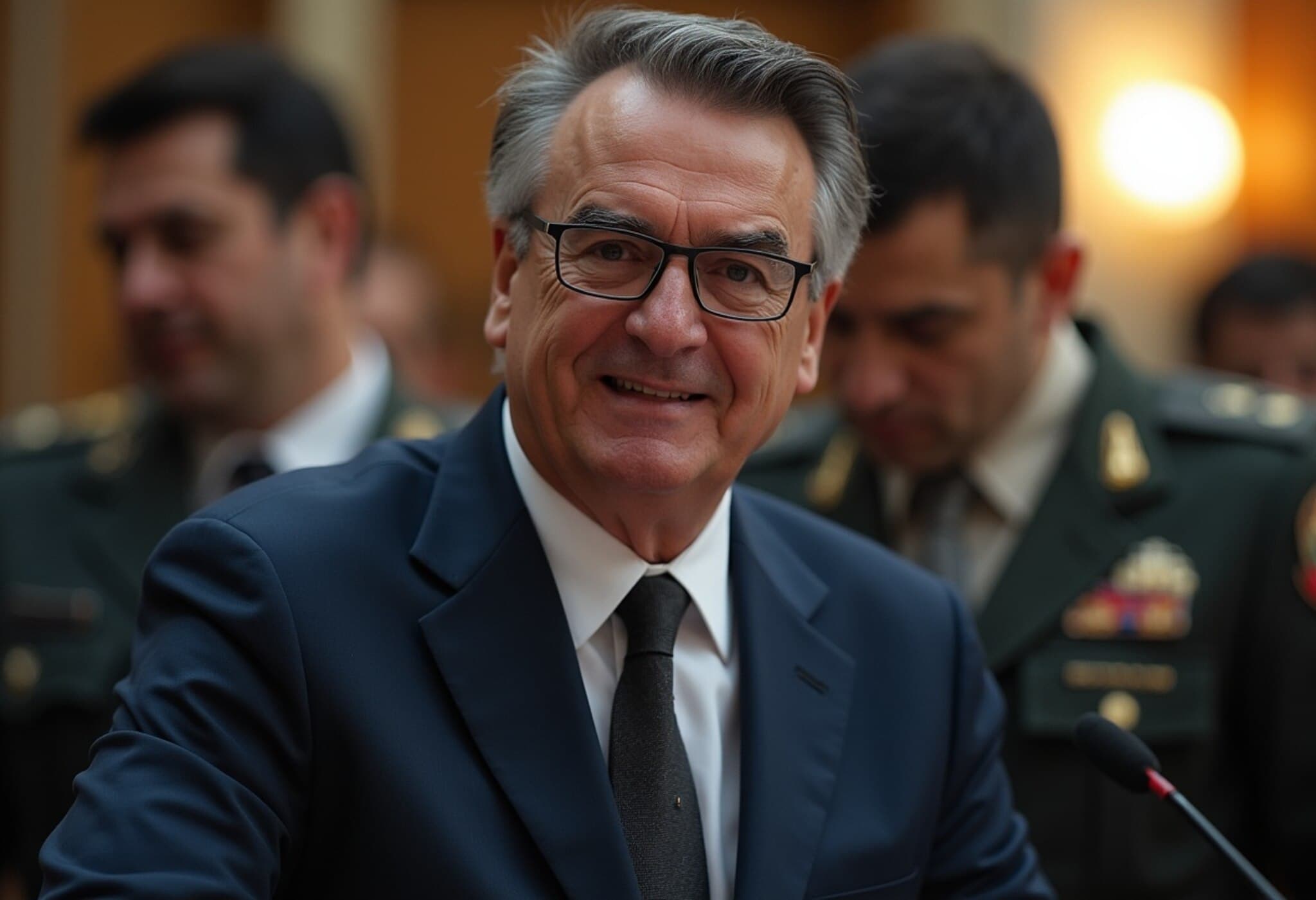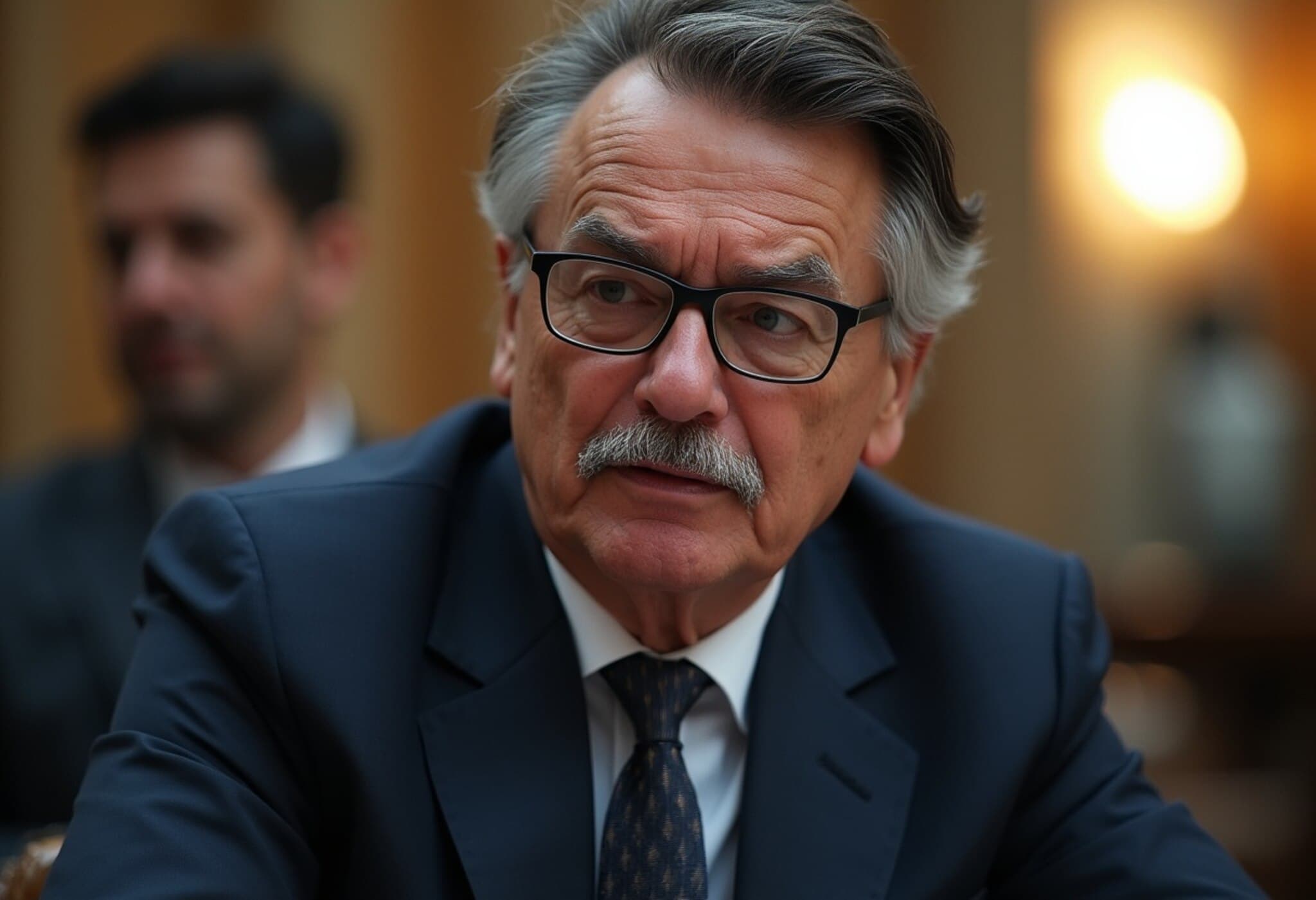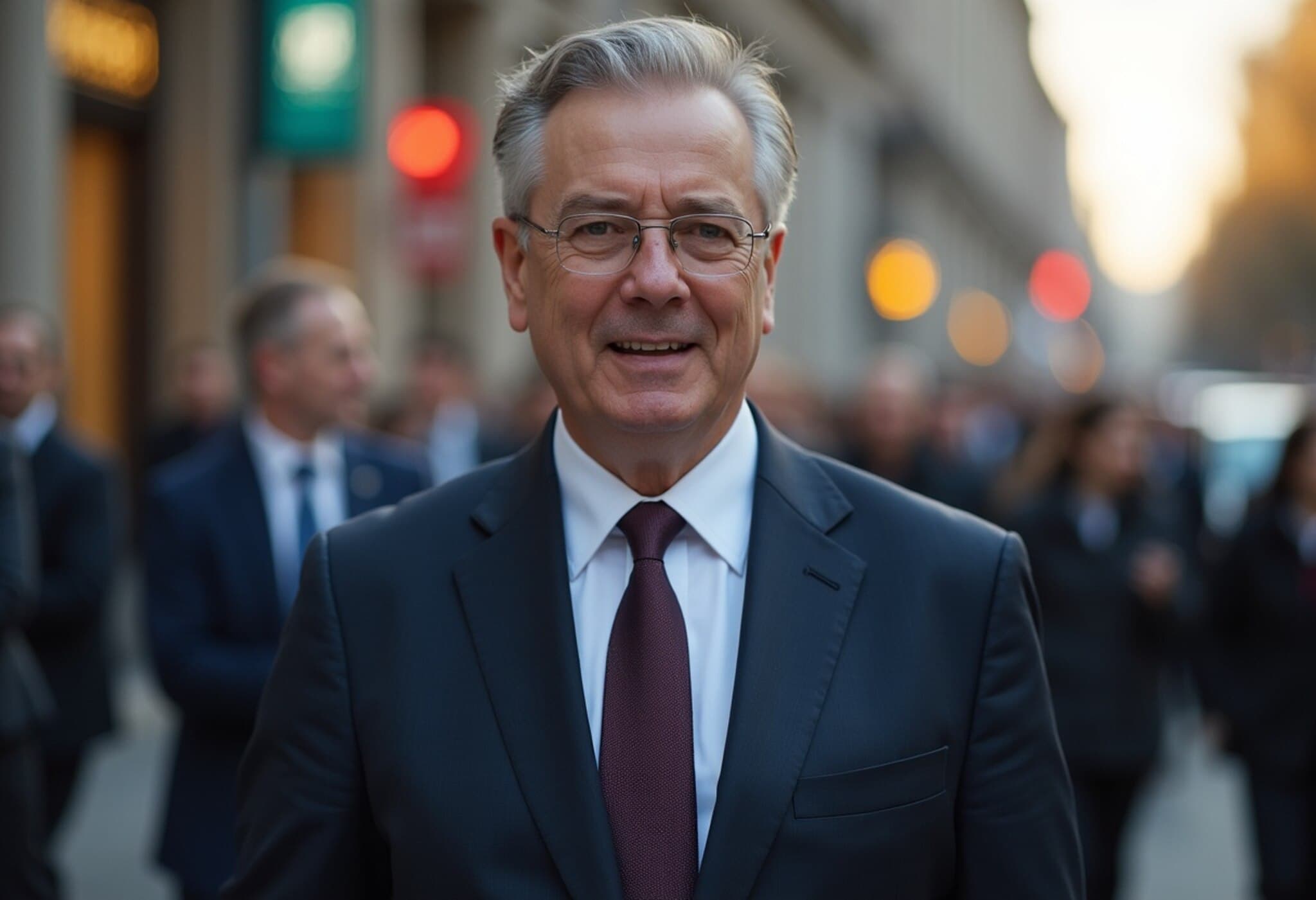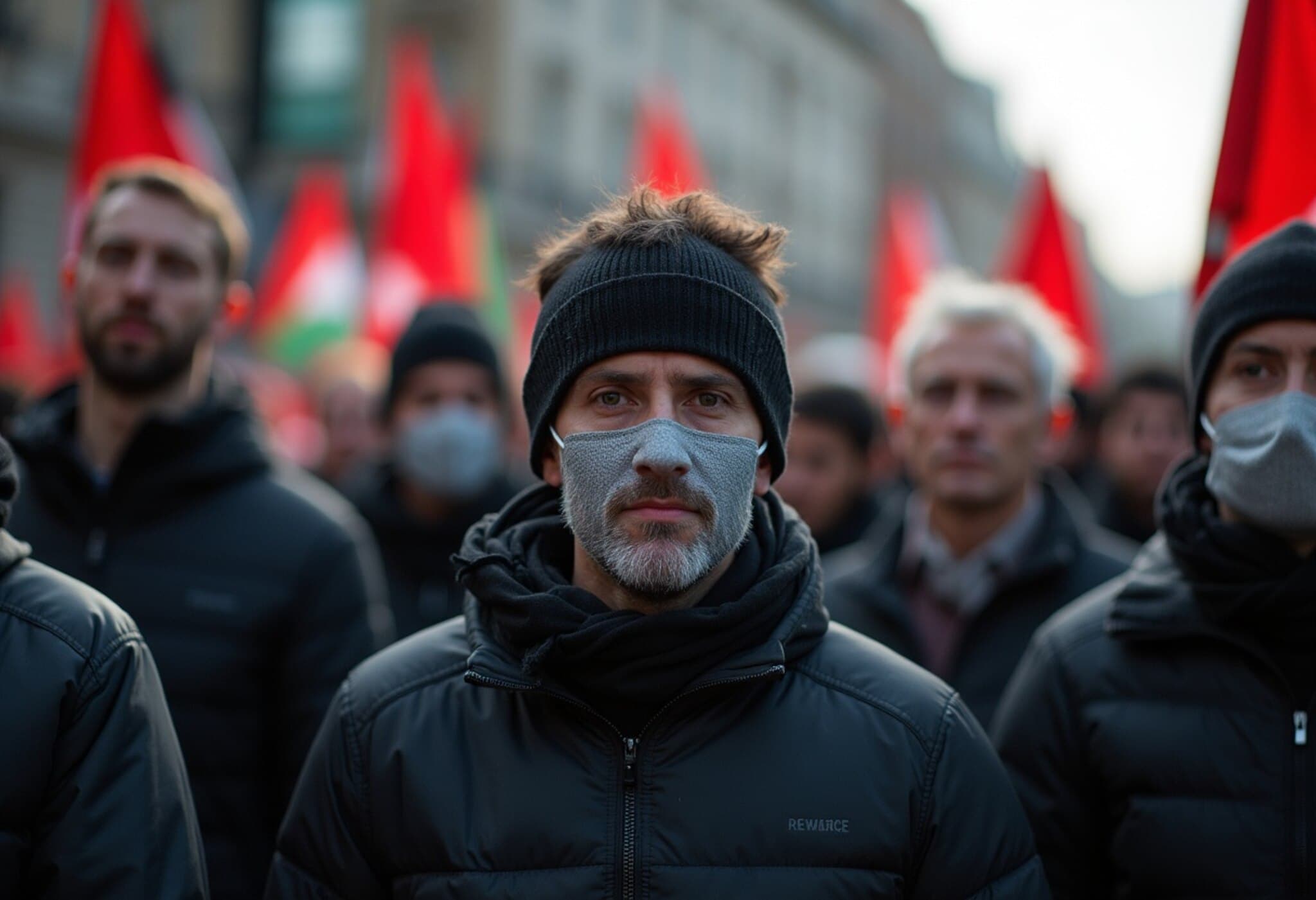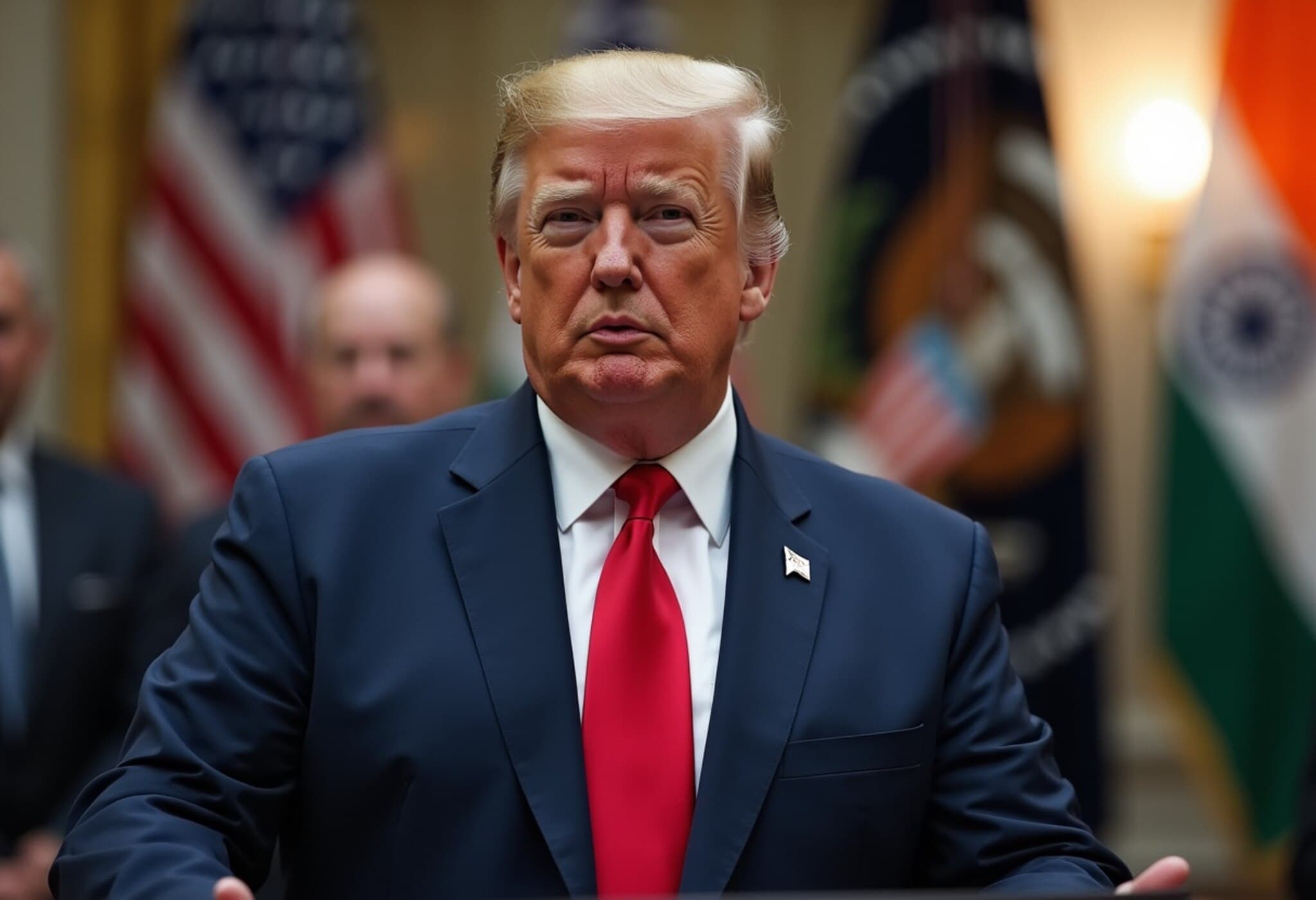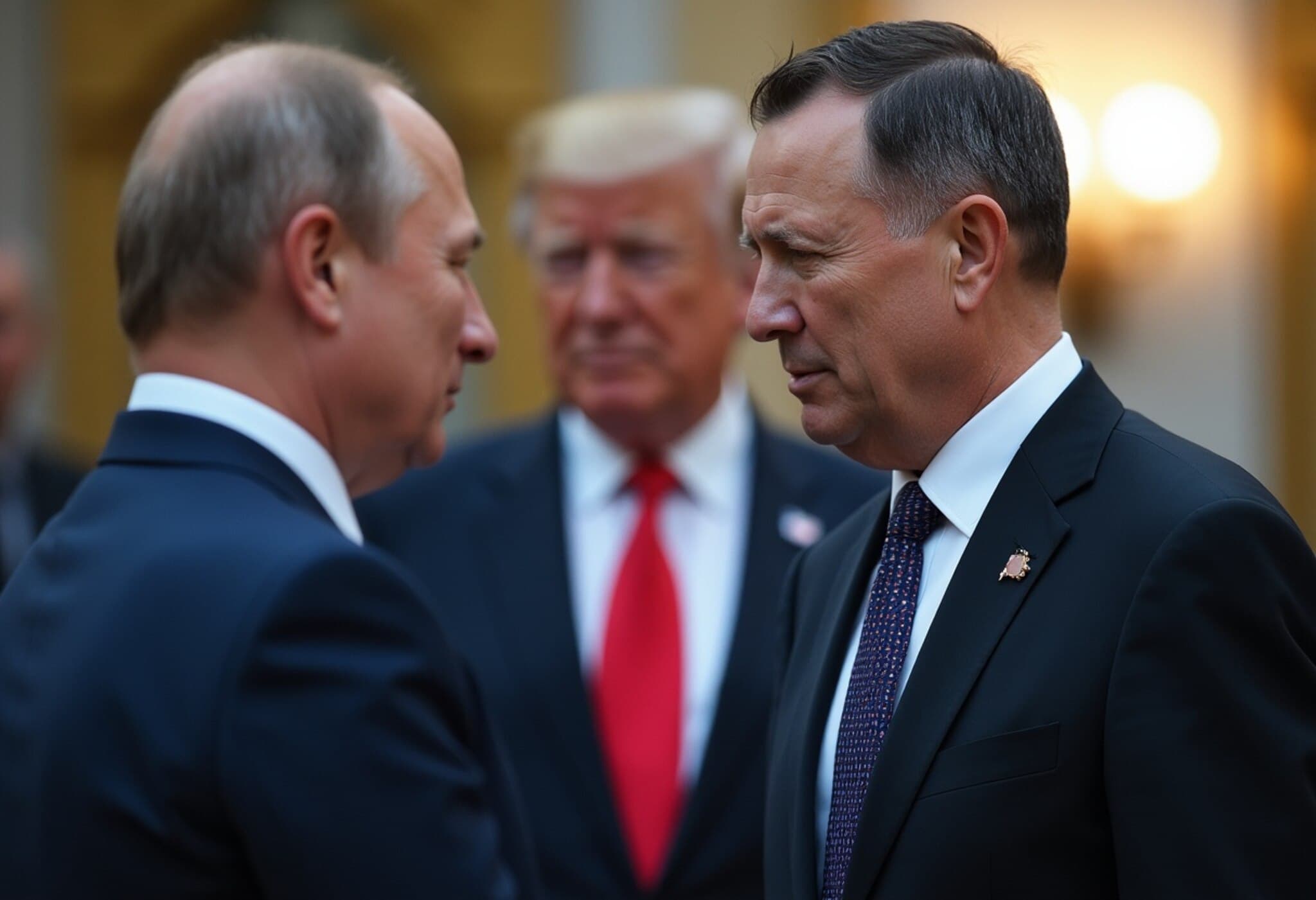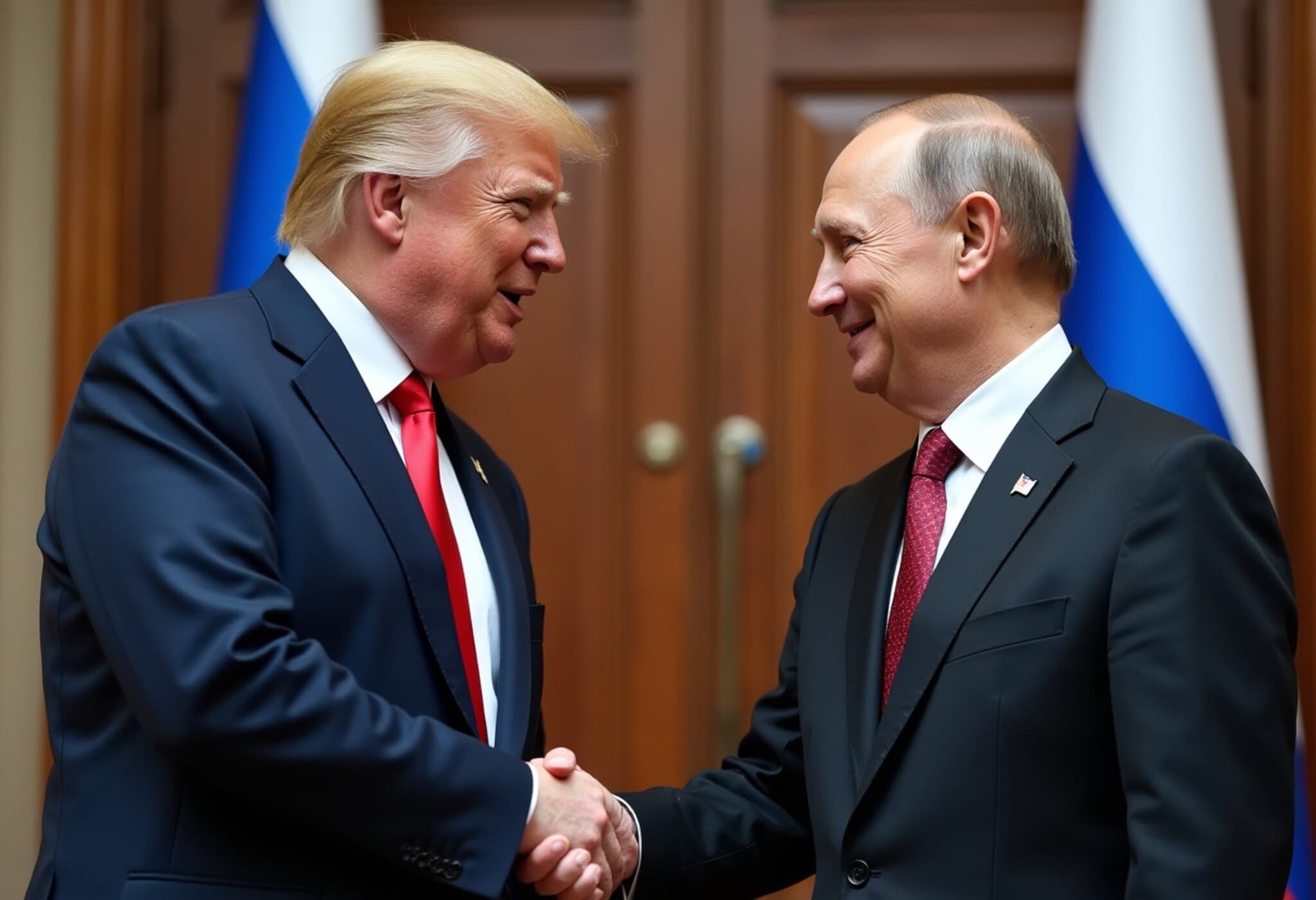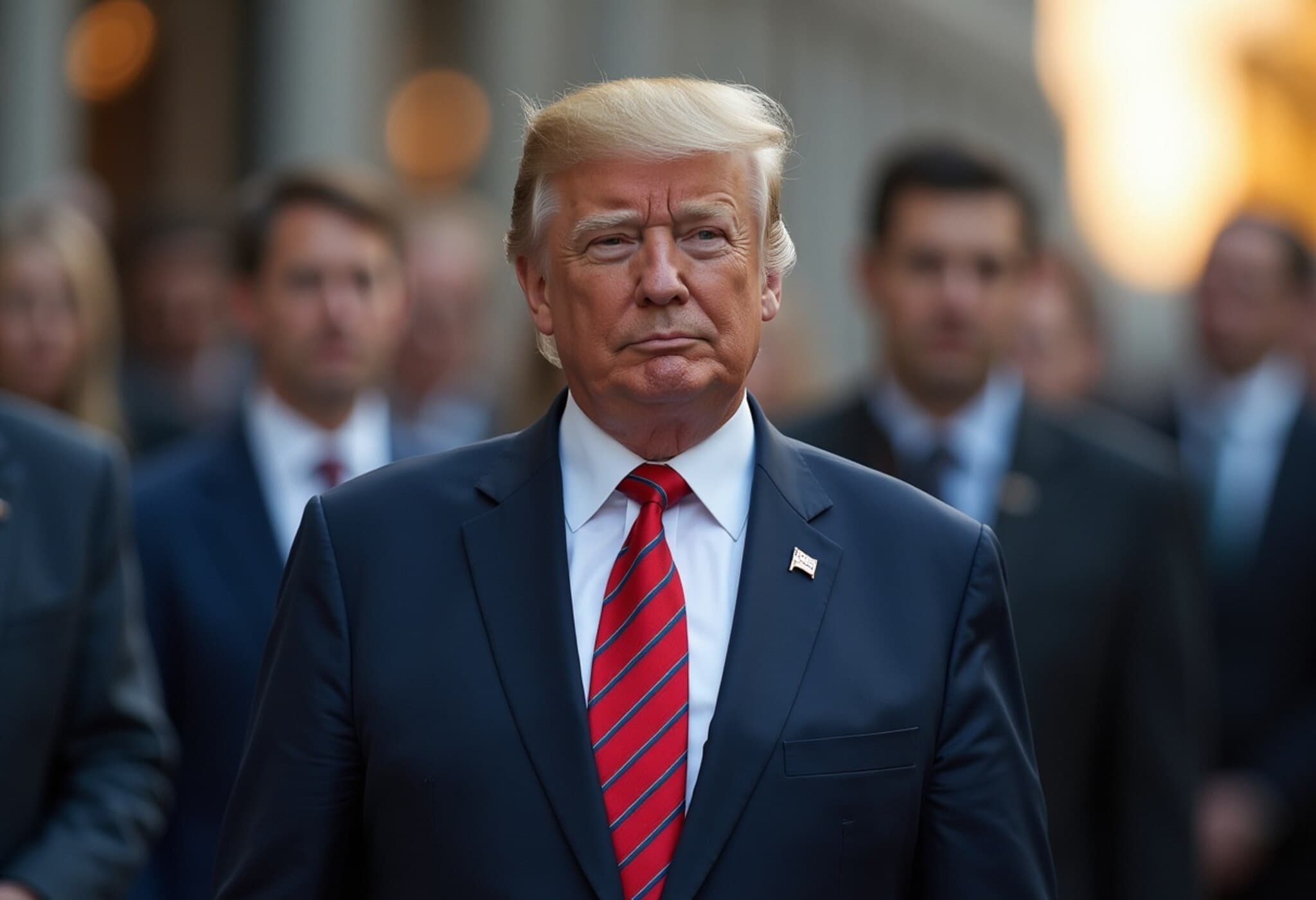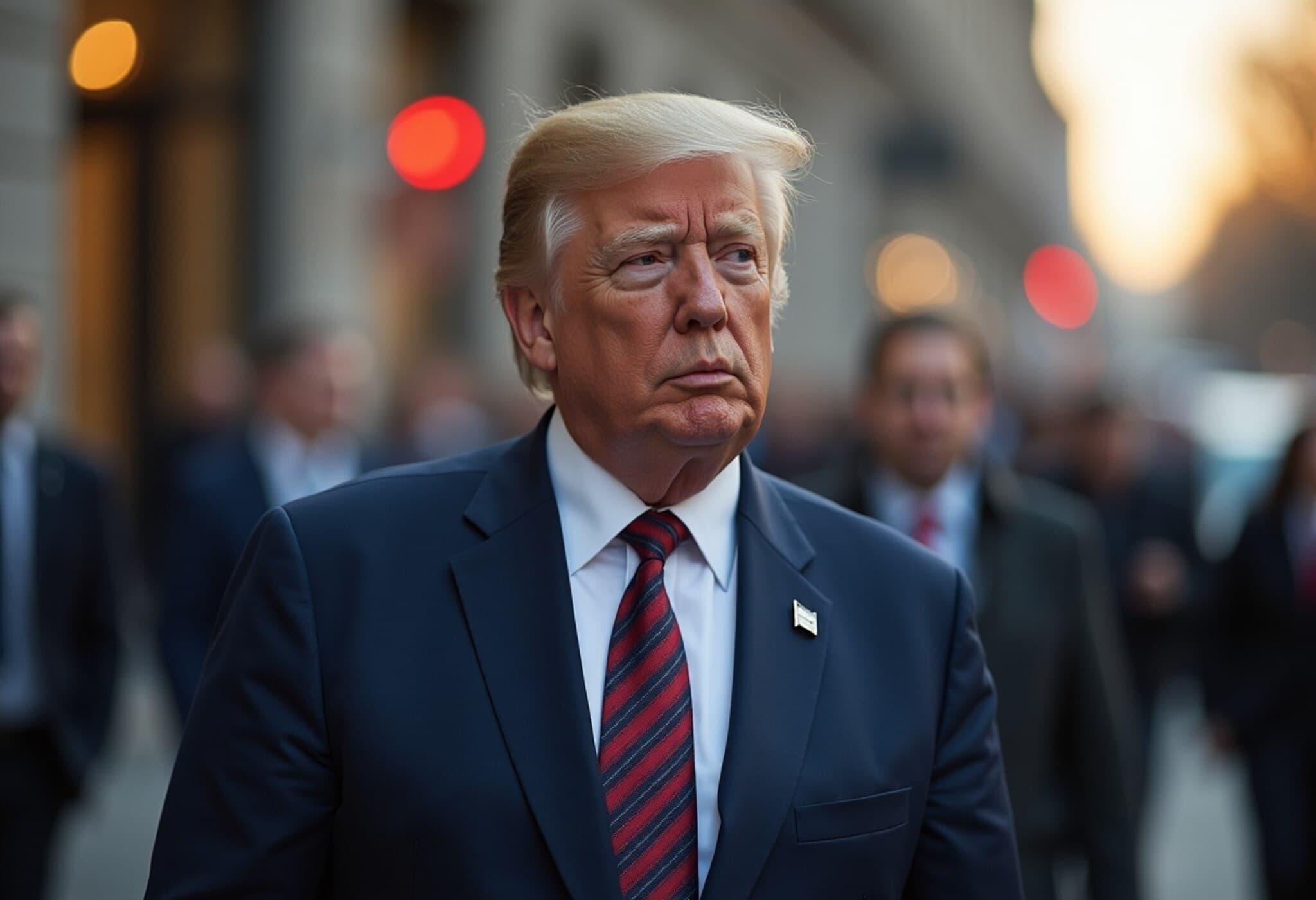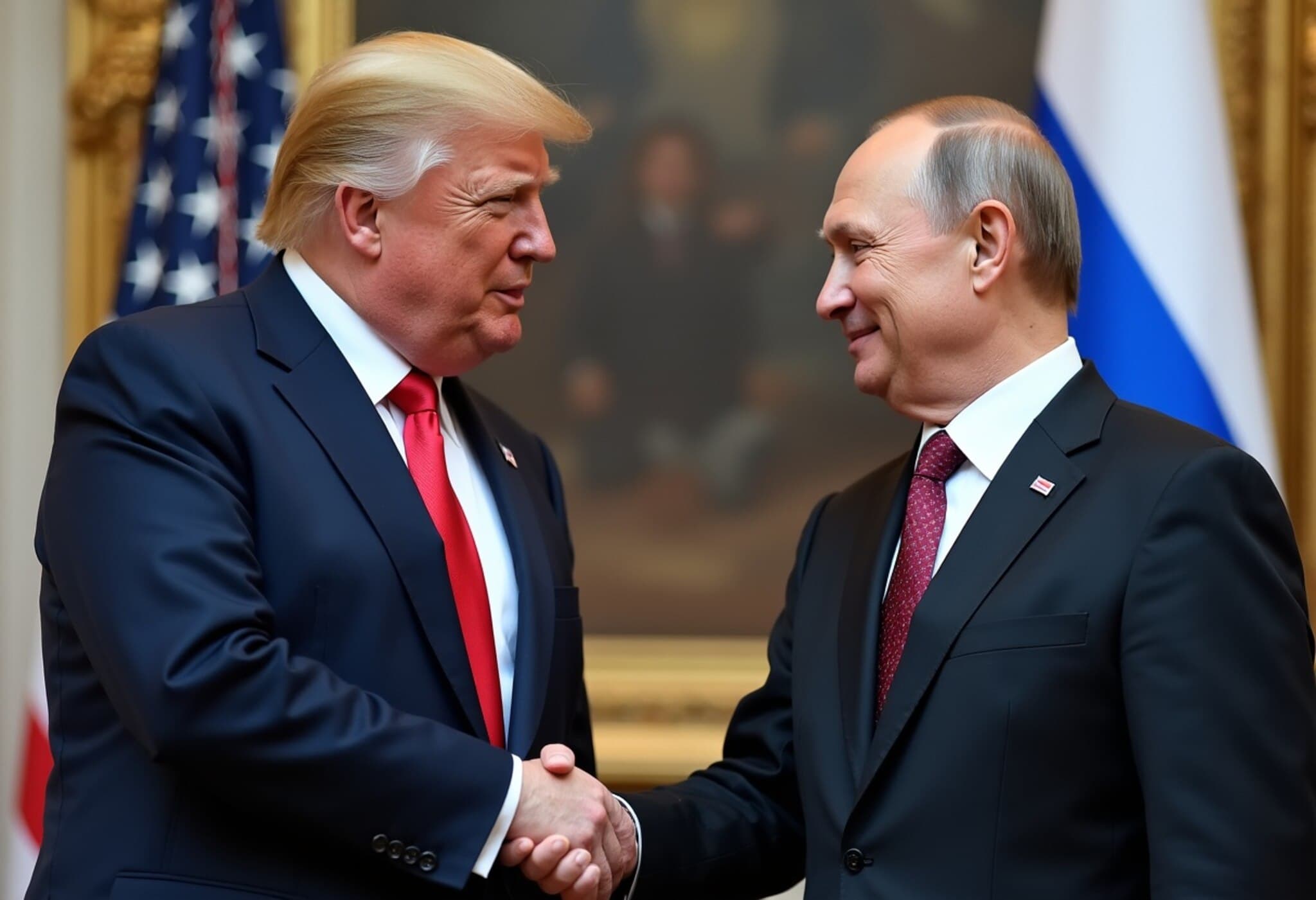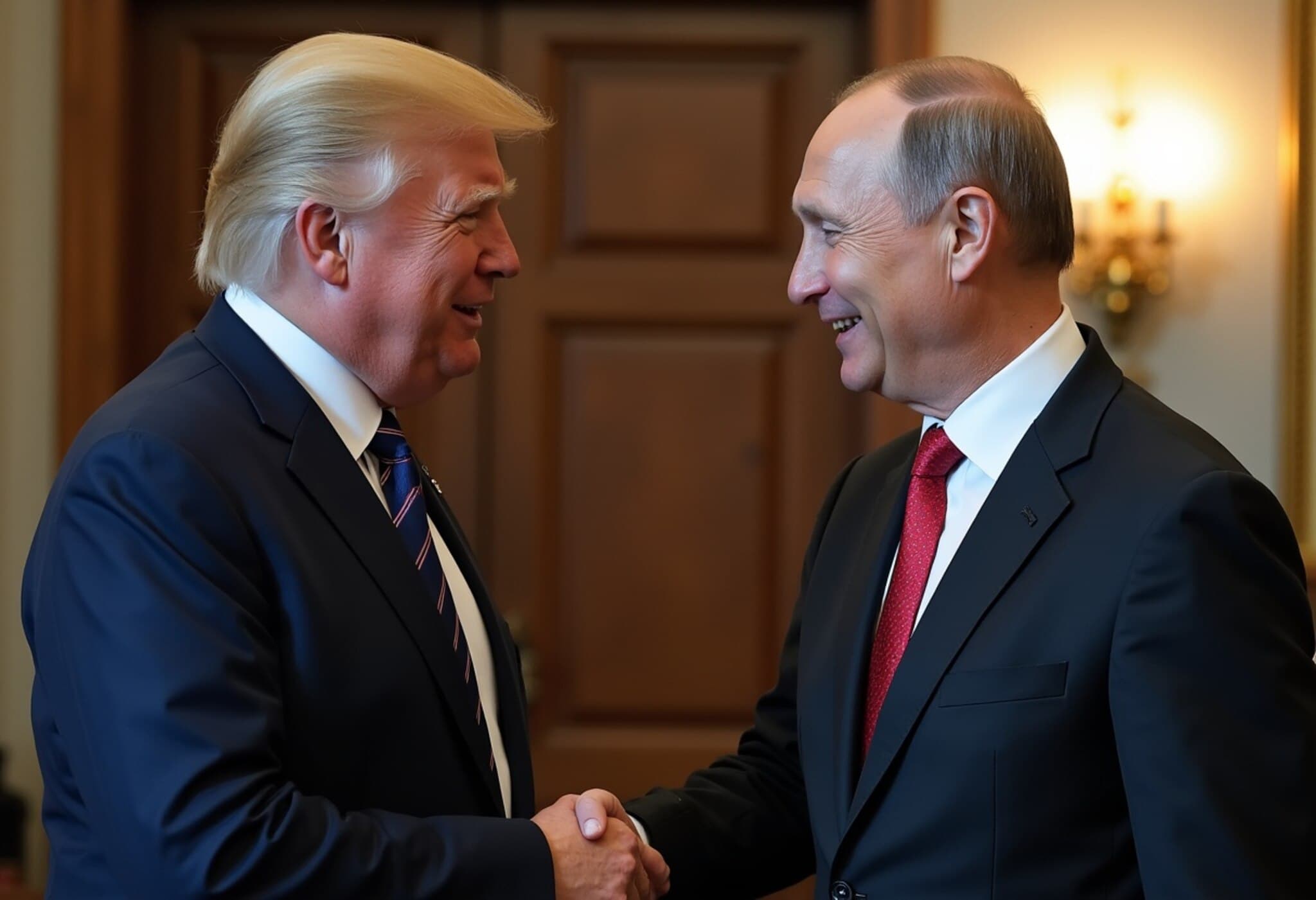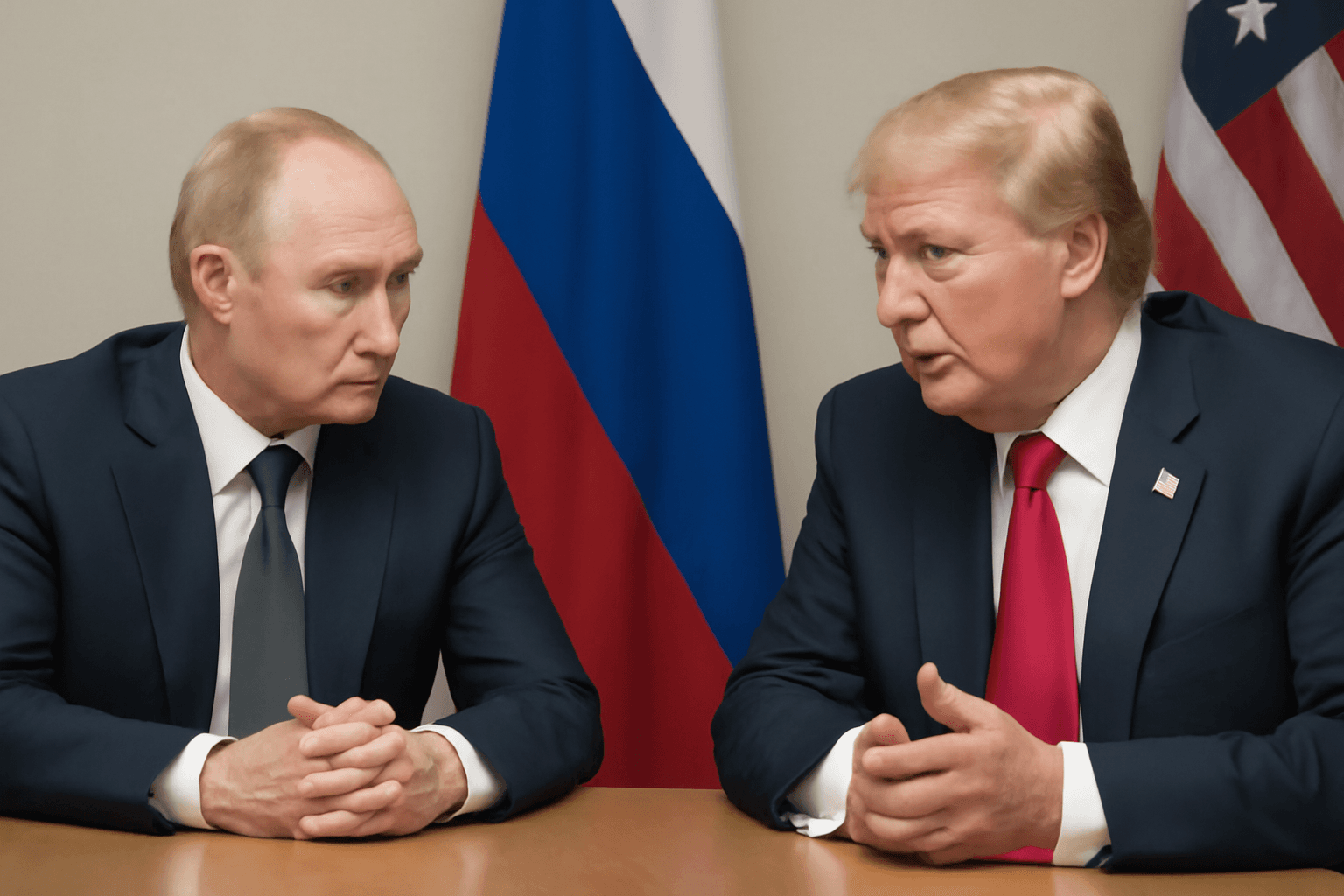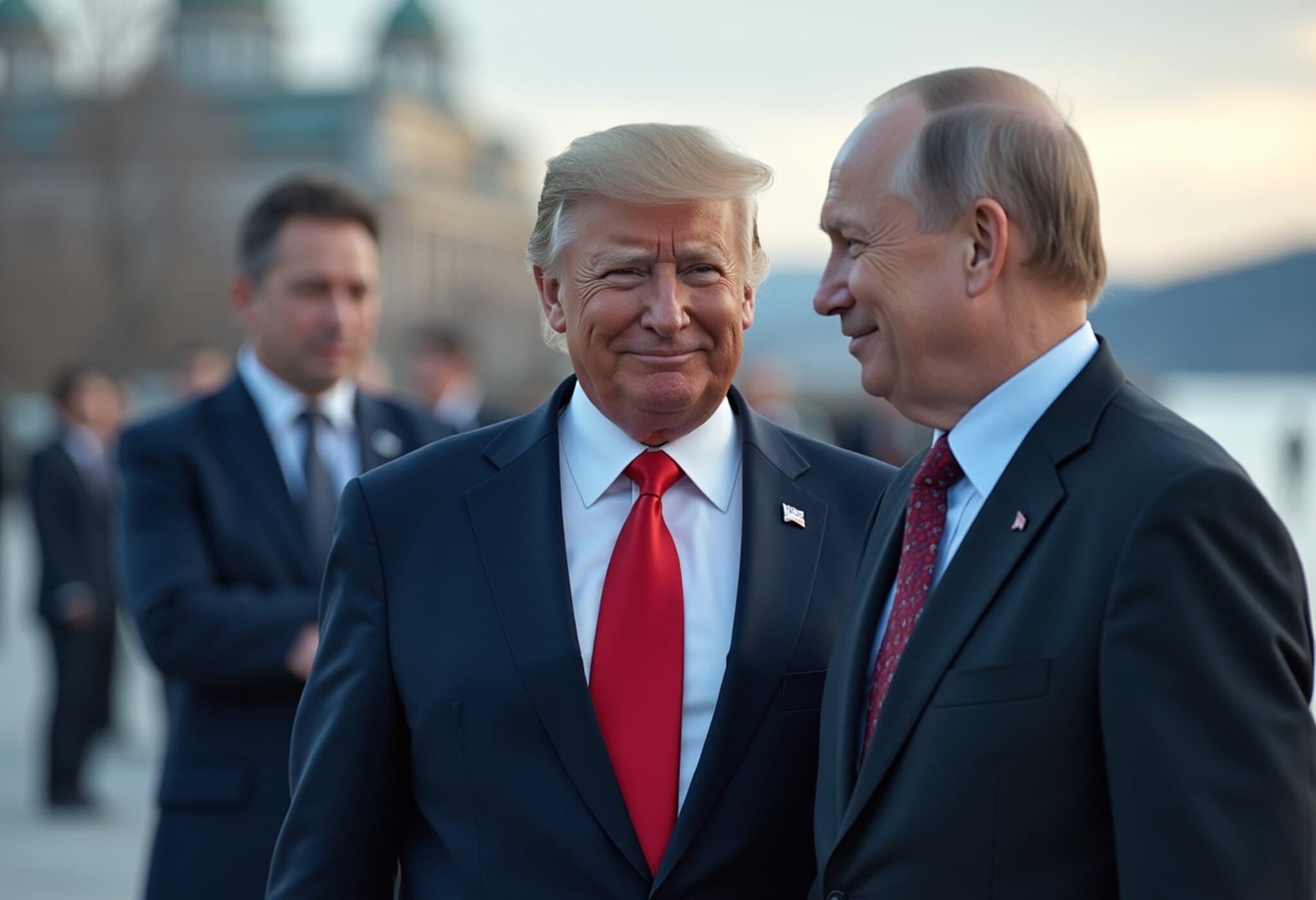Alaska Summit Puts Zelenskyy’s Leadership and Ukraine’s Future on the Line
As the world watches the upcoming high-stakes summit in Alaska between the United States and Russia, Ukrainian President Volodymyr Zelenskyy finds himself at a precarious crossroads. While the talks promise a glimmer of hope to end the brutal conflict that has ravaged Ukraine since 2022, they also risk igniting a political firestorm that could define Zelenskyy’s postwar legacy—and possibly undermine Ukraine’s sovereignty.
Rejecting Territorial Swaps: Constitutional and Political Imperatives
Reports surfaced following remarks by former US President Donald Trump, who floated the idea of a ceasefire entailing territorial exchanges between Ukraine and Russia. The proposal suggests Russia could retain the Donbas region—currently seized by Moscow-backed forces—and hold onto parts of Kherson and Zaporizhzhia, with Ukraine possibly regaining control over other contested zones.
Zelenskyy was quick to dismiss this notion, citing Ukraine’s constitution that unequivocally prohibits ceding any territory. “Ukrainians will not gift their land to the occupier,” Zelenskyy emphasized, underscoring not just the legal constraints but the deeply felt national sentiment that views territorial concessions as betrayal.
From a legal standpoint, Ukraine’s constitutional framework presents an unambiguous barrier: any territorial concession would require a constitutional amendment, an impossibility in wartime given its political ramifications and procedural hurdles. But the real challenge lies beyond legalities—it is ultimately a battle for legitimacy, both domestically and internationally.
Diplomatic Marginalization and the Risk of Political Isolation
One of the gravest challenges to Zelenskyy’s leadership is the possibility of Ukraine being sidelined at the Alaska talks scheduled for August 15. While Presidents Trump and Putin may seek a separate dialogue, Kyiv’s exclusion from initial discussions sets a dangerous precedent. It's a diplomatic sidelining that echoes decades-old Russian narratives portraying Ukraine as a pawn in a larger power game rather than an independent actor with a valid stake.
This exclusionary approach risks forcing Zelenskyy into a corner: accept a deal shaped without Ukraine’s input—potentially risking his domestic standing and national pride—or reject it and appear as an impediment to peace in the eyes of international backers eager to halt the bloodshed.
Western Unity at Stake: The Fragile Balance
Ukraine’s resilience over the past years has heavily relied on steadfast Western support. However, the emergence of separate US-Russia talks could fracture this unity. European leaders from Britain, Germany, France, Italy, Poland, and Finland have already issued a joint statement affirming their unyielding commitment to Ukraine’s sovereignty and insisting that any peace agreement must include Ukraine as an equal partner.
Yet the dynamics outside of this consensus reveal tensions brewing. The US administration’s unilateral maneuvers, led by Trump’s special envoy and immediate engagement with Putin, risk undercutting coordinated Western strategy and could impede a holistic peace framework that respects Kyiv’s territorial integrity.
Trump’s Urgency and Its Complications
Trump’s approach to diplomacy is marked by speed and unilateral deadlines. His insistence on a rapid ceasefire—initially targeting August 8—followed by the announcement of the Alaska summit, suggests Washington’s desire to expedite resolution, yet possibly at the expense of thorough multilateral engagement. This fast-track approach puts Zelenskyy in a reactive position, forced to respond to outcomes shaped without Kyiv’s early participation.
Putin’s Consistent Demands Amid Symbolic Diplomacy
From Moscow’s perspective, core demands remain unchanged: formal recognition of Russian control over annexed territories, Ukrainian neutrality, and restrictions on Ukraine’s military capabilities. The choice of Alaska—a territory purchased from Russia over 150 years ago—as the talks’ venue adds a layer of historical symbolism reinforcing Russia’s diplomatic narrative.
If the United States signals acceptance of any partial territorial concessions, European unity could falter, placing Ukraine in an isolated diplomatic position and threatening Zelenskyy’s political survival.
Postwar Elections and Zelenskyy’s Political Future
The aftermath of any peace deal negotiated in Alaska carries immense uncertainty. Martial law in Ukraine has suspended presidential and parliamentary elections since early 2022. A peace agreement would trigger constitutional processes compelling Ukraine to hold elections in a drastically altered political climate.
For Zelenskyy, this transition is fraught with risk. The wartime solidarity supporting his leadership may erode, while political rivals and emerging factions could seize on any perception of territorial compromise under foreign pressure, turning public dissatisfaction into formidable opposition.
Political Realities Trump Legal Clarity in Zelenskyy’s Struggle
While Ukraine’s constitution leaves little room for debate on territorial concessions, it does not immunize the country against the realpolitik of international negotiations. Decisions made in absentia, driven by great-power interests, could impose political realities on Kyiv that legally it must oppose but pragmatically may struggle to contest without losing vital support.
For Zelenskyy, this encapsulates an existential challenge. His ability to maintain both domestic legitimacy and international backing depends on navigating a diplomatic landscape where his country’s sovereignty is at risk of being bargained away.
Editor’s Note
The upcoming Alaska talks represent far more than another diplomatic summit—they are a crucible testing Ukraine’s sovereignty, Western unity, and Zelenskyy’s political fate. While the call for peace is urgent, any agreement that marginalizes Kyiv risks undermining the very foundation for lasting resolution. Readers should consider how the interplay between legal frameworks, diplomatic strategy, and domestic politics shapes conflict outcomes—and what this means for US foreign policy and Europe’s security architecture as Ukraine’s future hangs in the balance.



